We aim to bring together researchers and stakeholders in the area of water and sanitation from the UK and Brazil to develop a strategic research plan for increasing access to water, sanitation and hygience (WASH) and reinforcing public health awareness in rural areas of Brazil.
Forthcoming online seminar, 11 and 12 November 2021
Confirmed speakers
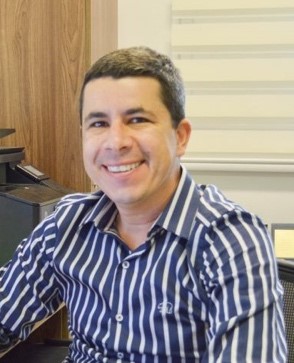 Dr André Bezerra dos Santos
Dr André Bezerra dos Santos
Unesp - Brazil
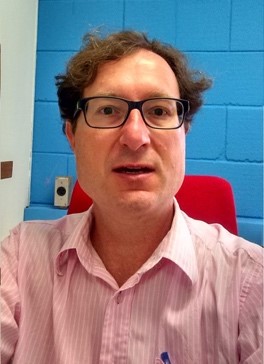 Dr Adriano Tonetti
Dr Adriano Tonetti
Unesp - Brazil
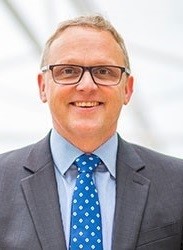 Professor John Bridgeman
Professor John Bridgeman
University of Bradford
Confirmed talks
- UoB Water Council - leading UK Institution in Water Sciences – Dr Soroosh Sharifi
- Capabilities and challenges of UNESP in the areas of rural water and sanitation research – Dr Rodrigo Moruzzi
- Rapid water quality analysis for enhanced community prosperity – Prof John Bridgeman
- Operational resilience in the UK water industry - Dr Luis Priegue
- Water and wastewater modelling.: practical examples – Dr Bruno Fraga
Session themes
- Water Supply and Sanitation in rural Brazil
- Sustainable solutions in water treatment
- Sustainable solutions in sanitation
- Climate change and circular economy
- Implications in health, gender, and equality
Find out more
To find out more, please visit the Water Resilience external website
Project summary
It is estimated that 5.5 M Brazilians have no access to safe water and 28 M live without any proper sanitation. This population mostly reside in urban slums or rural areas where means of livelihood are severely impaired and infrastructure is underdeveloped. Water treatment and sanitation issues are particularly challenging in these areas, due to the vast territory to cover, social inequalities and presence of indigenous populations. The use of contaminated drinking water and lack of sanitation has led to increased vulnerability to water-borne diseases, including diarrhoea, typhoid and hepatitis which are the main contributors to reduced productivity and poor health.
Possessing ~14 % of the world’s water resources, Brazil is a water rich country. However, its waters are not evenly distributed and many States, including São Paulo, face water scarcity and pollution problems due to increasing water demands, water losses, not collecting and recycling wastewater, deforestation and agro-industrial activities. Reports by the World Bank show that the quality of life of Brazil’s poorest citizens is closely related to the management of water resources, for which research, policies and investments are urgently needed.
In this project, we aim to bring together researchers and stakeholders in the area of water and sanitation from the UK and Brazil. This will be through a 2-day online seminar on 11th and 12th of November 2021. Each of the seminar’s sessions, will include a keynote speech followed by presentations by participants and interactive discussions. The activities set out will help in strengthening the partnerships of UoB and enable new links with local stakeholders. Early career participants will have the chance to showcase their work and establish new links through carefully designed networking sessions. The final outcome will be a strategic research plan for increasing access to WASH and reinforcing public health awareness in rural areas thereby contributing to the progress of Brazil towards achieving SDGs 3&6.
For more information about the project, its partners and registration for the seminar, please visit the project’s website:
Water Resilience (external website)
Research objectives
- To support research in water and sanitation in rural Brazil, by identifying the challenges and proposing potential solutions.
- To establish new research links and an interdisciplinary and collaborative network of researchers.
- To stimulate ideas on low-cost circular economy based decentralised technologies for water and wastewater treatment.
Research initiatives
- Non-Intrusive Investigation of Changing Shear Rates on The Floc Structure and Strength of a Plant-Based Coagulant.
- Testing the hydraulic efficiency of an Anaerobic Baffled Reactor with synthetic sludge.
- Aggregates formed by low-energy consumption fractal mixer and green coagulant.
Project coordinators
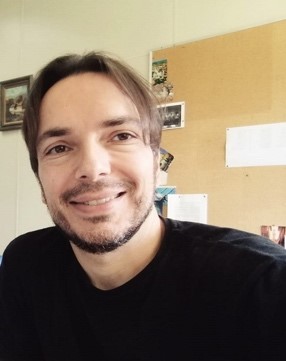 Dr Rodrigo Moruzzi
Dr Rodrigo Moruzzi
Associate Professor in Water Engineering
Univ. Estadual Paulista - Unesp - Brazil
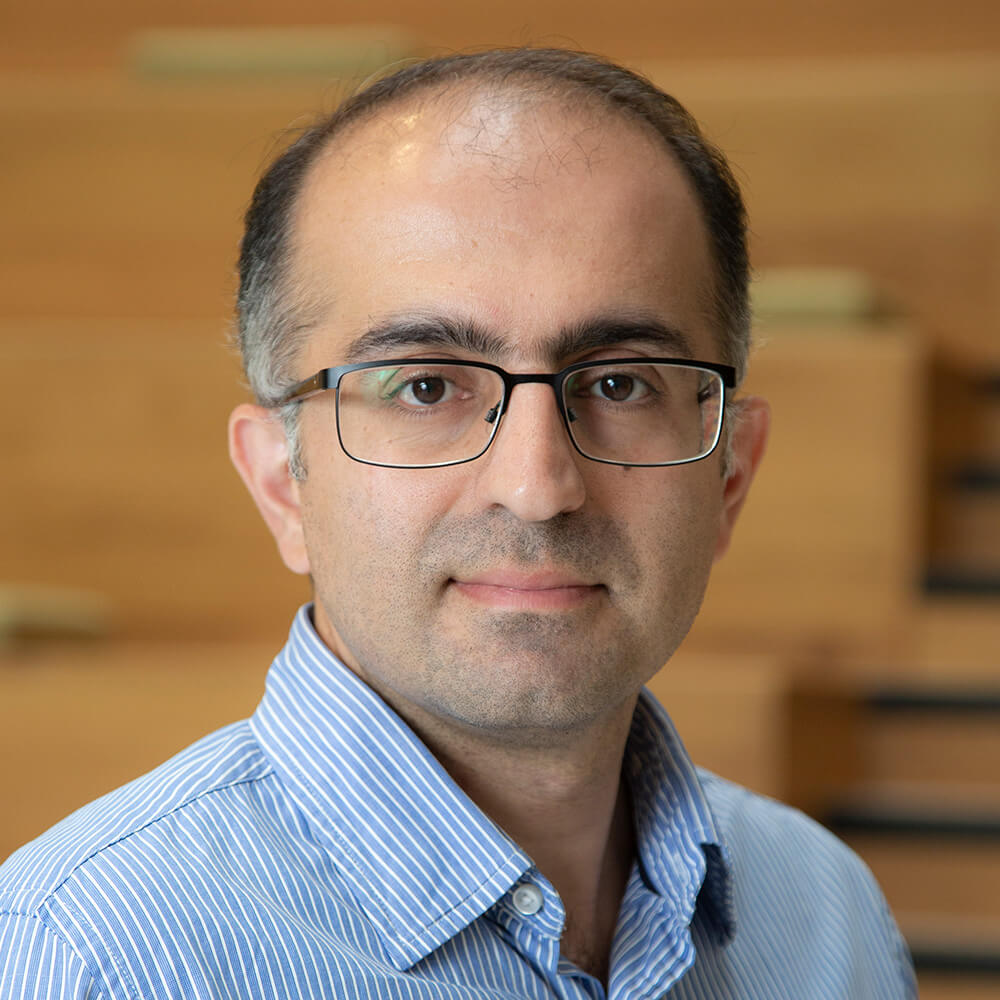
Lecturer in Water Engineering,
Department of Civil Engineering
University of Birmingham, UK
Partners